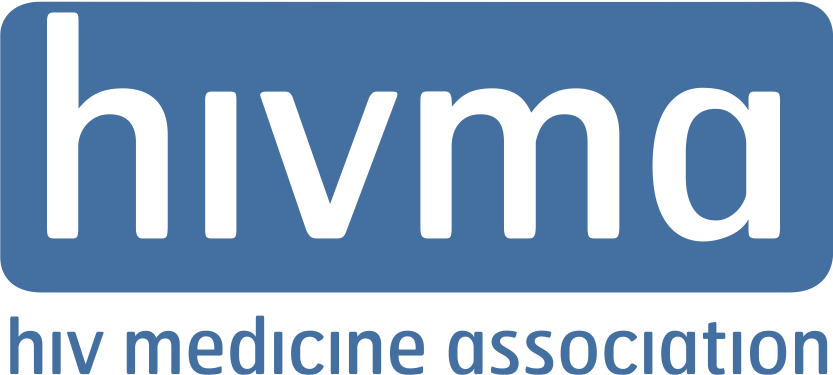Routine HIV Screenings Decreased, Patients With Acute HIV Infections Increased In Chicago ERs During COVID
|
AT A GLANCE
|
ARLINGTON, Va.—New research from a team of experts in Chicago shows a significant increase in the number of patients with acute HIV infections who sought treatment in their emergency department, possibly out of a fear of COVID-19, according to a study being presented at IDWeek 2020. Routine tests for HIV went down during this period.
The findings suggest blood-based HIV screening should be incorporated into COVID-19 testing programs throughout the nation, researchers say, and that the practice can be replicated in emergency departments in any setting—urban, suburban and rural—nationwide.
“The COVID-19 pandemic has negatively affected routine HIV screening in health care settings. This has serious implications, especially for patients with acute HIV infection who have symptoms suggesting COVID-19 infection. This is a high priority population that needs rapid linkage to care and would benefit from rapid initiation of antiretroviral therapy,” says David Pitrak, M.D., an infectious diseases specialist at the University of Chicago Medicine and presenting author.
The researchers reviewed data from 13 health care centers on the south and west sides of Chicago, most of which had fourth- and fifth-generation antibody tests available. Advanced planning by the emergency department at UCM incorporated blood draws for HIV screens as part of COVID-19 evaluations. Other sites had a significant reduction in the number of HIV screens conducted during the COVID-19 pandemic.
“We had a good partnership with infectious diseases specialists, which helped minimize the burden of a screening program on staff in a very busy emergency department,” says Kimberly Stanford, M.D., a co-author of the study.
The rate of acute HIV infections in these emergency departments was significantly higher in the first eight months of 2020 compared to the prior four years, and these patients comprised more than a quarter of all new diagnoses—the highest percentage ever.
In addition to Dr. Pitrak and Dr. Stanford, co-authors of the study are: Jessica Schmitt, LCSW; Michelle M. Taylor, LCSW; Dylan Eller, MPH; Eleanor Friedman, Ph.D.; Moira McNulty, M.D., M.S.; Jessica Ridway, M.D., M.S.; Aniruddha Hazra, M.D.; Moore Michelle, RN, APN; and Kathleen Beavis, M.D.
###
Contact: Gavin Stephenson, IDSA@MessagePartnersPR.com
About IDWeek
IDWeek 2020TM is the annual meeting of the Infectious Diseases Society of America (IDSA), the Society for Healthcare Epidemiology of America (SHEA), the HIV Medicine Association (HIVMA), the Pediatric Infectious Diseases Society (PIDS) and the Society of Infectious Diseases Pharmacists (SIDP). With the theme “Advancing Science, Improving Care,” IDWeek features the latest science and bench-to-bedside approaches in prevention, diagnosis, treatment, and epidemiology of infectious diseases, including HIV, across the lifespan. IDWeek 2020 takes place virtually Oct. 21-25. For more information, visit www.idweek.org.

